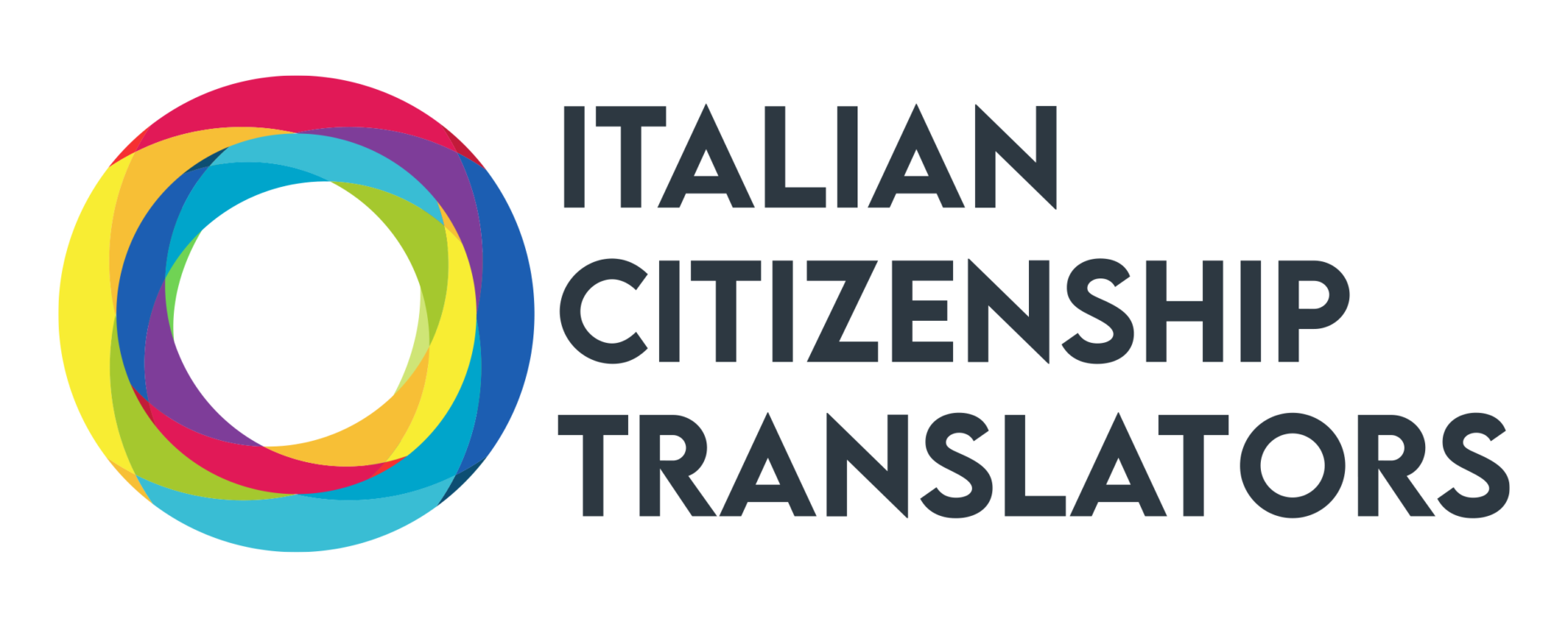Type of Translations

2. Certified translations have a separate page stating that the translation was carried out by a professional translator who declared that the translation is accurate.
3. Apostilled translations are certified translations which bear an Apostille seal and thus are officially recognized by any Italian authority abroad. The translations are attached to a written statement – an oath that the translator signs before a Notary stating that he/she is legally responsible for the accuracy of the translation. The certification will be both in English and Italian, and it will be signed by the translator and bear the notary’s stamp, which allows the document to be legalized with an Apostille. Some Italian consulates – such as the one in New York- require the translation of court records to be certified. On the other hand, the consulate in Boston requires an Apostille on all the translations of the vital records submitted.

5. Translations can also be certified in court in Italy. The translator needs to appear before the court and swear that the translation is accurate and that it reflects the original content. A revenue stamp must be affixed every four pages. If you have a 1948 case, it is customary to provide the court to which you are applying with translations which were sworn before a court official (in the court where the translator usually operates). Alternatively, a translator can appear before an Italian notary and swear that the translation is faithful and accurate. Due to the number of revenue stamps that might be needed to certify the translations, this method may be rather costly.
On a side note, a translator might also be able to swear that a translation is accurate before a clerk in the municipality where an individual is applying.
